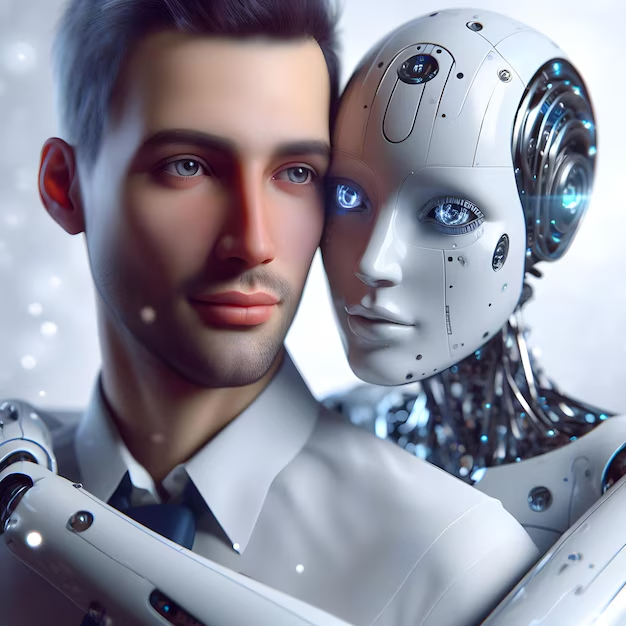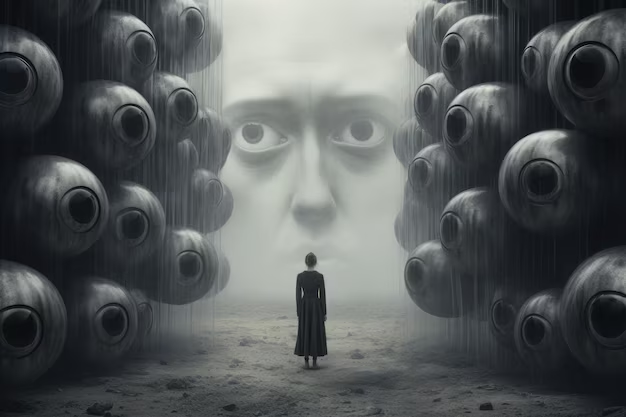
Today is World Mental Health Day.
The feeds are full of pastel posts reminding us to “check in on your friends” and “end the stigma.”
It’s beautiful. It’s necessary.
But it also feels incomplete.
Because every year, while citizens talk about self-care, the people running our countries remain the least self-aware among us.
They govern billions without ever being asked the simplest therapeutic question: “How are you, really?”
Imagine if therapy were a prerequisite for public office.
Imagine if emotional regulation were tested as strictly as campaign funding.
Half of geopolitics might evaporate overnight.
We keep treating mental health as an individual issue, meditate, journal, breathe,while ignoring the fact that unhealed leaders make wounded nations.
Their childhood traumas become our policies.
Their unchecked egos become our inflation, our wars, our polarization.
We screen pilots before we let them fly a plane,
but we hand nuclear codes to people who clearly haven’t processed their fathers.
That line shouldn’t feel funny. It should feel terrifying.
A 2024 study from Cambridge found that politicians score significantly higher in narcissism and Machiavellianism than the general population.
So maybe it’s not our democracies that are broken, it’s the people inside them who never learned to sit with their own pain.
What if every G7 summit began with group therapy instead of photo ops?
What if debates required empathy training instead of sound bites?
What if “national security” included psychological maturity?
Because here’s the quiet truth:
The world doesn’t need more leaders with confidence.
It needs leaders with conscience.
Therapy doesn’t make you soft; it makes you safe to follow.
So while we celebrate mental health today, maybe we should widen the circle.
Healing can’t stop at citizens it has to reach the cabinets, parliaments, and palaces too.
Maybe the next revolution won’t be political at all.
Maybe it’ll start on a therapist’s couch.
image via






